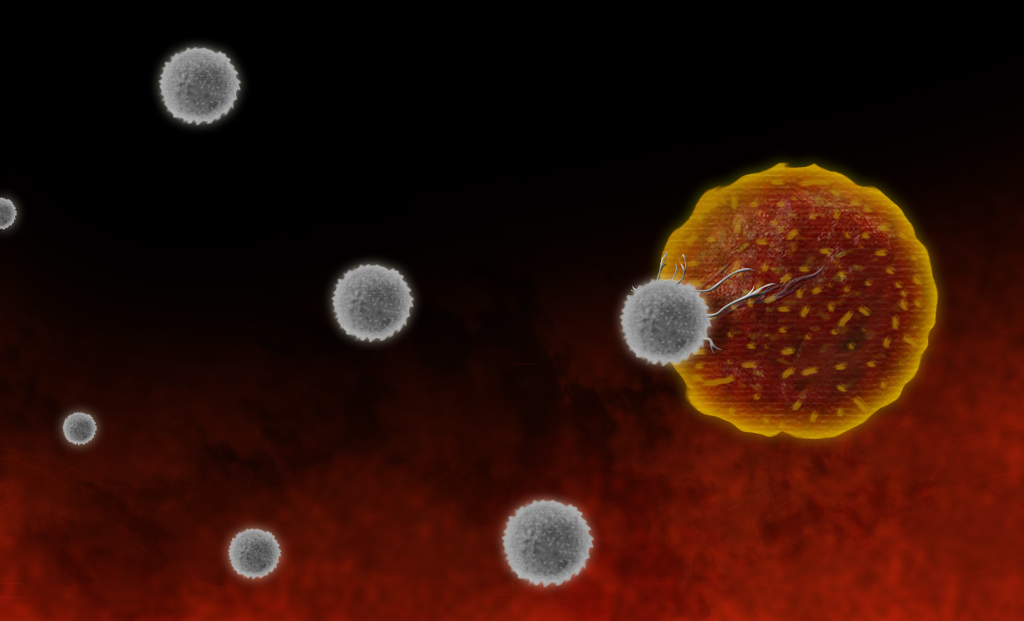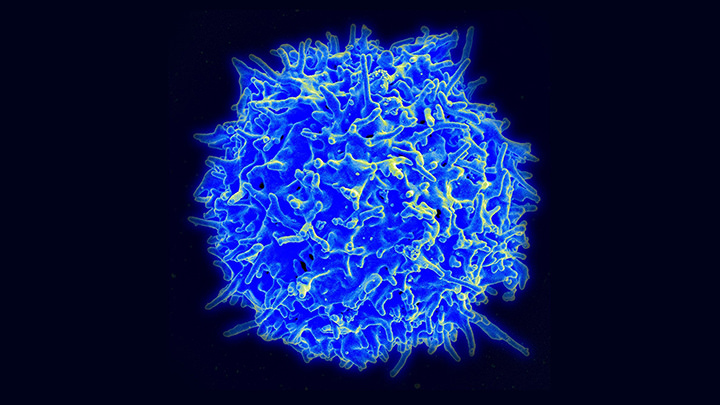Researchers at the UPCM Sorbonne University in France have linked Autoimmune Regulator (AIRE) proteins to the high predisposition of women to autoimmune diseases (AD). Results from numerous studies correlated mutations in AIRE to the occurrence of ADs. Further research was conducted that showed a negative effect of female hormones on the functioning of AIRE.
ADs are results of abnormal immune responses caused by T cells (immune cells in the blood) that recognize body cells as foreign and attack them. AIRE are proteins present in cells of the inner lining of the thymus. They recognize such T cells and eliminate them through apoptosis (cell death) in a natural process called central immune tolerance. To back this hypothesis, research conducted on an autoimmune thyroid mouse model showed an increase in the presence of autoantibodies in the blood upon blocking AIRE expression in the thymus.
The relationship between autoantibodies and female sex hormones is most prominent through the high incidence of ADs in females after puberty, a time of significant hormonal differences between males and females.
A study showed that the female sex hormones estrogen and progesterone caused a decrease in the expression of AIRE whereas the hormone DHT (formed from testosterone) showed an increase in expression. Estrogen has been found to contribute to this by causing hypermethylation of the AIRE gene. In this process, methyl groups are added to DNA molecules, hence changing their function without causing significant change in the structure. This is but one method by which female sex hormones lead to ADs. However, there is much more to be learned by exploring the multitude of pathways involved in the relationship between sex hormones, AIRE and ADs.
As an example, in certain body cells, AIRE has been shown to activate genes that are responsible for insulin tolerance by binding to them. Low AIRE expression has been associated with type I diabetes. Besides AIRE, there are other proteins being investigated to check for possible correlations between sex hormones and AD.
PRDM1 (PR domain zinc finger protein 1) is a protein in our body that helps prevent ADs through the deletion of defective T cells in the thymus. Research studies conducted on mice have shown gender dependence on the workings of PRDM1. However, there is no direct evidence of a connection between PRDM1 and autoimmune diseases in humans. There is much more to be explored in regard to these new results.
The reasons behind the gender based difference in AD must surely not be limited to a few proteins or sex hormones. And just how much do our hormones come into play in the determination of our susceptibility to ADs? What factors contribute to strengthen or alleviate this vulnerability? Many such questions can be raised and the answer to them all would be to dig deeper into the mysteries hidden inside of us.
Reference:
Berrih-Aknin, S., Le Panse, R., and Dragin, N.2018. AIRE: a missing link to explain female susceptibility to autoimmune diseases. Annals of the New York Academy of Sciences 1412: 21-32.


